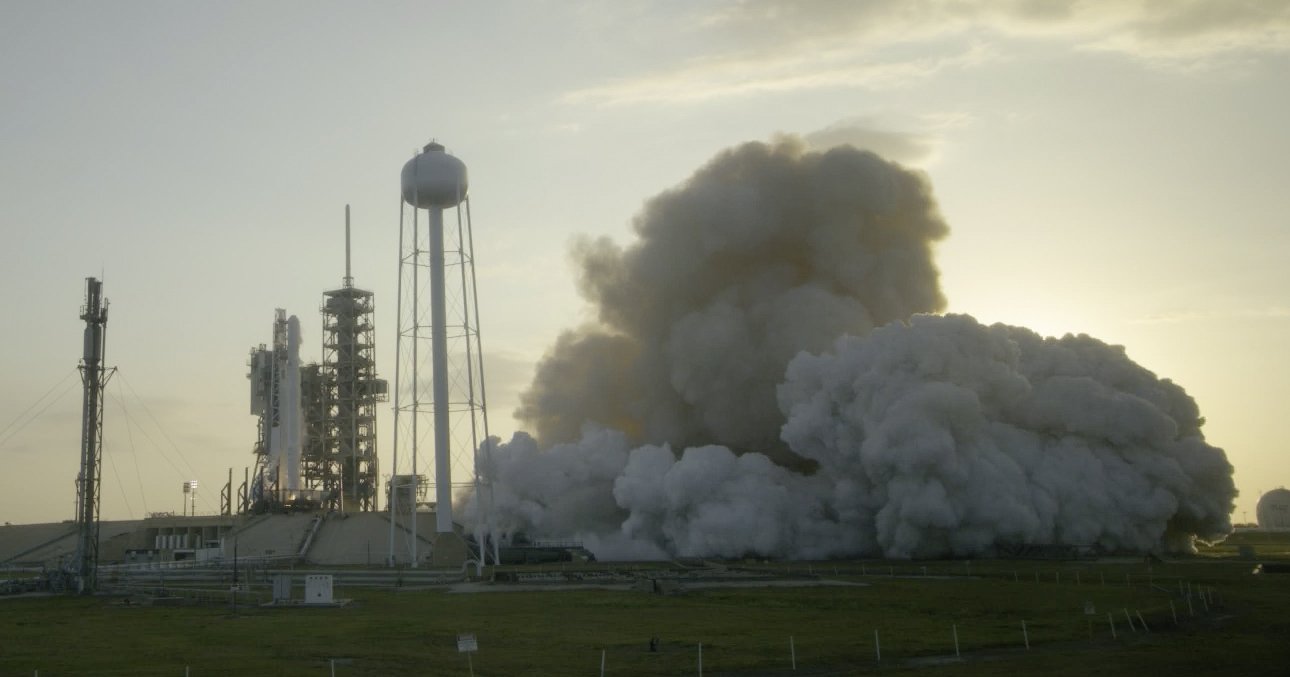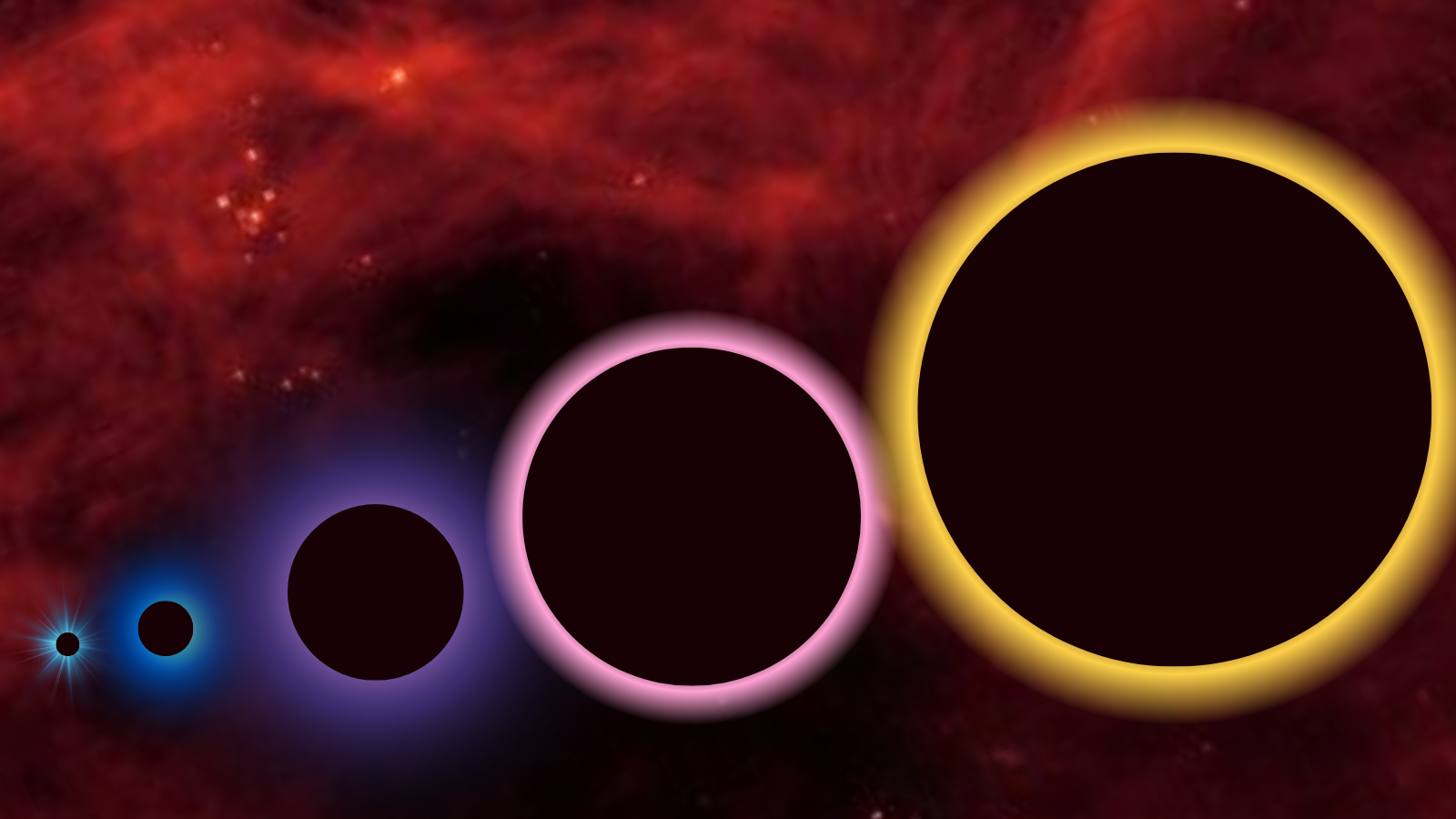SpaceX Test Fires Rocket, Aims for March 14 Satellite Launch

The private spaceflight company SpaceX test fired a Falcon 9 rocket Thursday (March 9), setting the stage for a commercial satellite launch next week.
SpaceX conducted the Falcon 9 static test fire at Launch Pad 39A of NASA's Kennedy Space Center in Cape Canaveral, Florida to ensure that the rocket is ready to launch the communications satellite EchoStar 23 on Tuesday (March 14). The test, which was captured on video by SpaceflightNow, is a standard preflight check ahead of every SpaceX launch.
The Falcon 9 rocket is scheduled to launch EchoStar 23 Tuesday during a nearly three-hour window that opens at 1:34 a.m. EST (0634 GMT) and closes at 4:04 a.m. EST (0904 GMT). It will mark SpaceX's third launch of the year and its second from Pad 39A, which the company is leasing from NASA for commercial flights of Falcon 9 and Falcon Heavy rockets. NASA used the historic pad to launch Apollo moon missions and space shuttle flights. [In Photos: SpaceX's 1st Launch from NASA's Historic Pad 39A]
SpaceX CEO and founder Elon Musk has said on Twitter that the EchoStar 23 launch won't include an attempt to land the Falcon 9 booster due to the weight of the satellite and the altitude of its final geostationary transfer orbit. SpaceX has landed Falcon 9 rocket stages during eight of its most recent missions, including the Feb. 19 launch of a Dragon spacecraft carrying NASA cargo to the International Space Station.
SpaceX had hoped to launch EchoStar 23 last year, but the flight was delayed and target launch dates in January and February were also pushed back.
The satellite's launch site at Pad 39A is located just north of SpaceX's other Florida pad at the Cape Canaveral Air Force Station. That other pad, Space Launch Complex 40, was severely damaged in a Sept. 1 explosion during a SpaceX rocket test. SpaceX plans to repair the pad in order to resume Falcon 9 launches from the site.
SpaceX also has a West Coast launch site at the Vandenberg Air Force Base in California. The company's first launch of 2017 blasted off from that pad on Jan. 14.
Breaking space news, the latest updates on rocket launches, skywatching events and more!
Email Tariq Malik at tmalik@space.com or follow him @tariqjmalik and Google+. Follow us @Spacedotcom, Facebook and Google+. Original article on Space.com.
Join our Space Forums to keep talking space on the latest missions, night sky and more! And if you have a news tip, correction or comment, let us know at: community@space.com.

Tariq is the Editor-in-Chief of Space.com and joined the team in 2001, first as an intern and staff writer, and later as an editor. He covers human spaceflight, exploration and space science, as well as skywatching and entertainment. He became Space.com's Managing Editor in 2009 and Editor-in-Chief in 2019. Before joining Space.com, Tariq was a staff reporter for The Los Angeles Times covering education and city beats in La Habra, Fullerton and Huntington Beach. In October 2022, Tariq received the Harry Kolcum Award for excellence in space reporting from the National Space Club Florida Committee. He is also an Eagle Scout (yes, he has the Space Exploration merit badge) and went to Space Camp four times as a kid and a fifth time as an adult. He has journalism degrees from the University of Southern California and New York University. You can find Tariq at Space.com and as the co-host to the This Week In Space podcast with space historian Rod Pyle on the TWiT network. To see his latest project, you can follow Tariq on Twitter @tariqjmalik.
